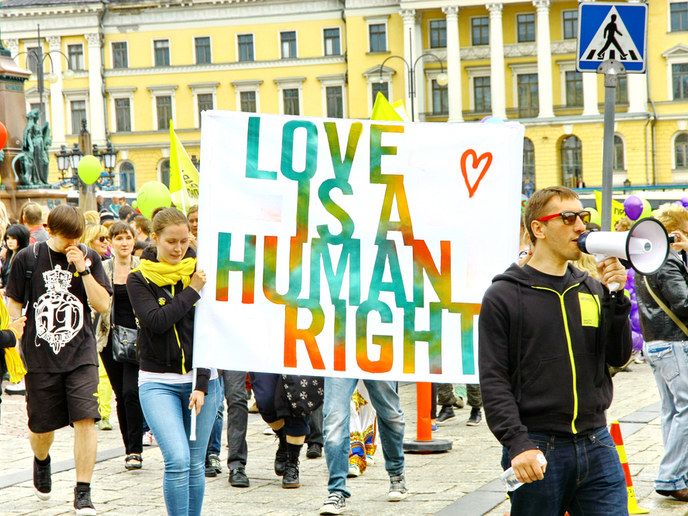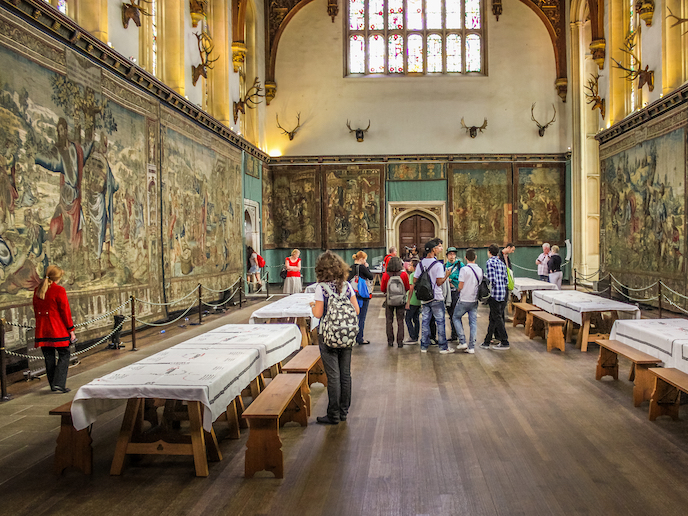Complicity and testimonies of totalitarianism in contemporary literature
In a legal context, complicity describes the way a crime is committed, specifically by aiding or abetting wrongdoing. “In popular fiction, complicity is a subject of fascination. Simultaneously, it is an eminent challenge to the democratic maxim of participation and the role of the individual as responsible actor in political, economic, and ethical communities,” notes Juliane Prade-Weiss, Marie Skłodowska-Curie Actions (MSCA) fellow. With the support of the MSCA programme, the EU-funded COMPLIT project examined the role of language in structures of complicity in humanitarian, political, ecological, moral and other wrongdoings that call into question the nature of democratic participation. “This interdisciplinary project relates recent research in law and social sciences to testimonies of totalitarianism in contemporary German-language literatures by Herta Müller, the late Aglaja Veteranyi, and Elfriede Jelinek. The overall objective was an interdisciplinary transfer of knowledge that leads to a deeper insight into how complicity enfolds,” explains Prade-Weiss.
Identifying modes of complicity in violence
COMPLIT expounded the role of language in structures of participation and involvement. Drawing from the fields of law and social sciences, the project highlighted complicity as a pressing concern in contemporary German-language literary testimonies of totalitarianism that to date have been interpreted mostly in terms of memory culture, trauma, and (transnational) identity discourses. “The concern of these texts is just as much for the present, as they outline modes of partaking in institutional violence that draws on heritage, culture, gender, social and other distinctions. The modes of complicity stand out more clearly – and are acknowledged more readily – in dictatorships of the past,” highlights Prade-Weiss. And while these modes may be more complicated in today’s globalisation, they are just as active. Discussing the key result of the project, Prade-Weiss reports: “It is gaining insight into the logic of ‘mimetic participation,’ i.e. the participation of criticism in the criticised.” The findings will be published in 2022 in two contributions to edited volumes: ‘Complicities, Re-presented: Literary Portrayals in Totalitarianism and Neoliberalism’ and ‘Complicity in Commemoration: The Traumatic Enfilade in Maria Stepanova.’ The project has also published preliminary results in a peer-reviewed journal article(opens in new window): ‘Guilt-tripping the ‘Implicated Subject’: Widening Rothberg’s Concept of Implication in Reading Müller’s The Hunger Angel’.
Building on COMPLIT
At its completion, the COMPLIT project was merged into a larger collaborative interdisciplinary project, Discourses of Mass Violence in Comparative Perspective(opens in new window). This unification will ensure its long-term impact on humanities and social science research, and on public discourse, in the discussion of memorialisation, memory politics, and the political instrumentalisation of national memories. “What I have learned on complicity and mimetic participation is fed into this project, which examines, in a comparative longue durée perspective, the transmission of discourses which justify mass violence. Mass violence is exerted by groups of people, comprising killings and other forms of violence that aim at exterminating large groups of non-combatants, such as expulsion, enforced hunger, forced labour, collective rape and strategic bombing,” outlines Prade-Weiss. Acts of mass violence create socio-economic and political realities inhabited by surviving victims, perpetrators, accomplices, and their descendants. “These acts set the linguistic and heuristic frame for their subsequent juridical, moral and scholarly evaluation, to the effect that they are not strictly past but last, and contribute to perpetuating social fault lines,” concludes Prade-Weiss.







